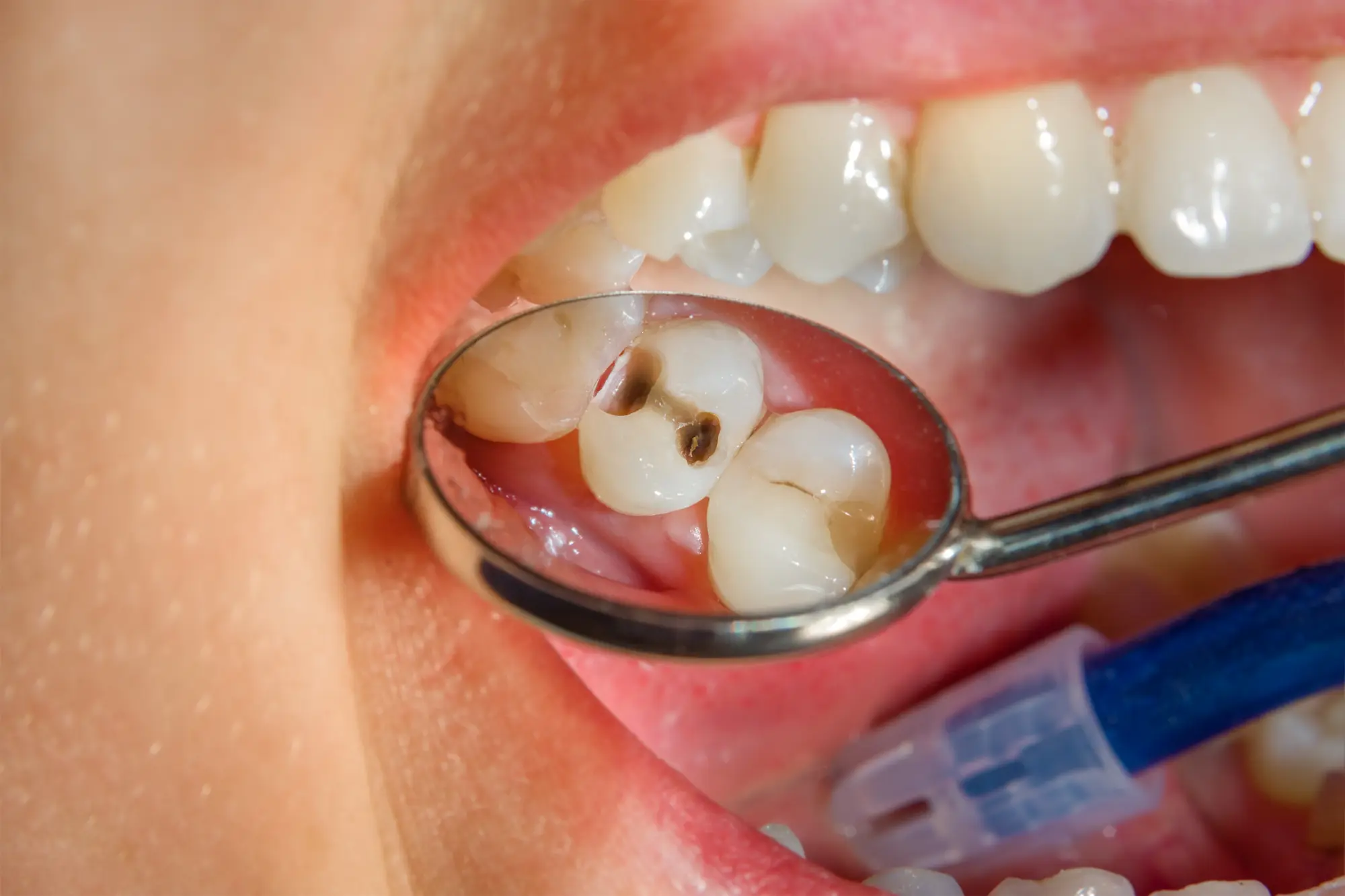
As a parent, you may find yourself puzzled and frustrated when your child continues to develop cavities despite your best efforts to maintain good oral hygiene. While brushing is a very important factor in prevention of cavities, there are several other factors.
Understanding these factors can help you take a more comprehensive approach to your child's preventive dental care, increasing the ability to maintain a healthy, cavity-free smile.
Our pediatric dentist in Colorado Springs loves to say that there are three big categories when it comes to prevention of cavities.
Oral Hygiene:
Diet: Your child’s diet is a significant factor in their risk for cavities.
Genetics: Some children are more or less predisposed to cavities due to their genetic makeup. There are many related genetic factors, some examples are:
By being aware of these factors, you can take proactive steps to protect your child's teeth beyond just brushing.
Saliva is a natural defense against cavities, as it helps neutralize acids and wash away food particles. Increases and decreases in saliva production are related to cavity risk.
Hydrating with water and even chewing sugar-free or xylitol gum can help stimulate salivary production.
Mouth breathing and certain medications can reduce saliva flow, so it's important to discuss these with your child's dentist to determine if they might be affecting oral health.
Regular visits to the dentist are crucial in preventing cavities and catching any potential issues early. Professional cleanings and examinations allow the dentist to remove plaque buildup and identify areas of concern before they develop into larger problems. Plus, dentists can provide personalized advice tailored to your child's specific needs, ensuring a comprehensive approach to dental care.
Make sure to schedule dental appointments at least twice a year to keep your child's smile healthy and bright.
Fluoride is a powerful tool in the fight against cavities, as it helps strengthen tooth enamel and makes it more resistant to decay. Fluoride does this by being incorporated in the exterior of your tooth structure as fluorapatite. This is as opposed to the natural hydroxyapatite. Hydroxyapatite demineralizes or breaks down when the pH/acidity level drops below 5.5. Fluorapatite demineralizes or breaks down when the pH/acidity level drops below 4.5, which is about a 10x increased level of protection.
Dental sealants are another effective measure, especially for children. These protective coatings are applied to the grooves/pits of the chewing surfaces of the back teeth, where cavities are most likely to develop. Sealants can significantly reduce the risk of decay and are a worthwhile investment in your child's oral health. Think of sealants as caulk or grout for those hard to clean grooves.
At Campfire Smiles Pediatric Dentistry, we understand the unique challenges of maintaining your child's oral health. Our team, led by Dr. Dan Hoang, is dedicated to providing comprehensive dental care tailored to you and your child's needs. If you're in Colorado Springs, CO, and are concerned about your child's cavities, call us at (719) 490-8881 to schedule an appointment. Let us help you ensure your child's smile remains healthy and vibrant!
